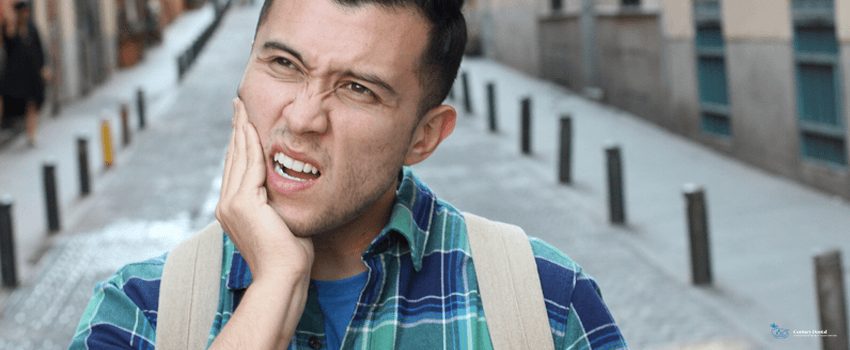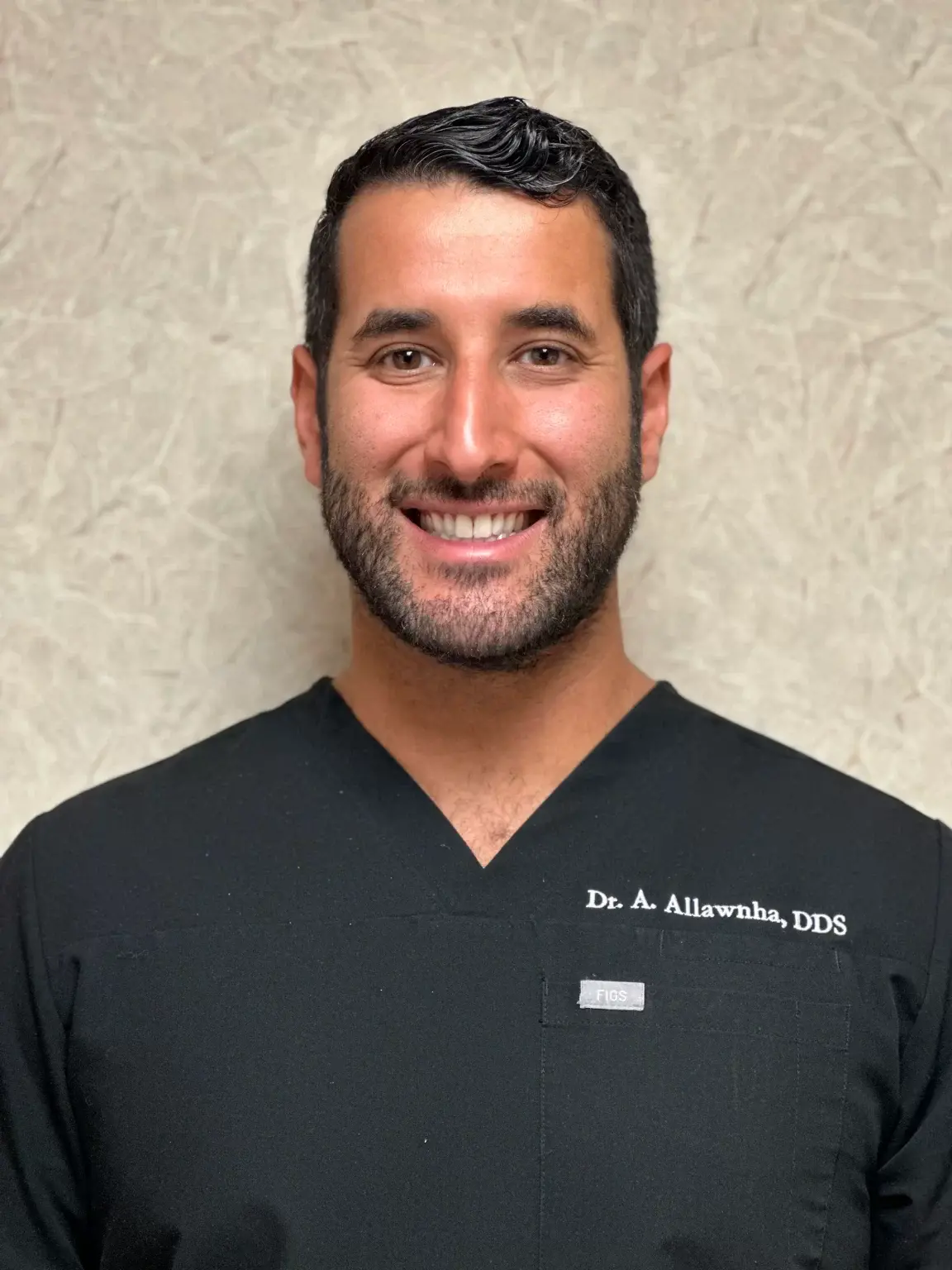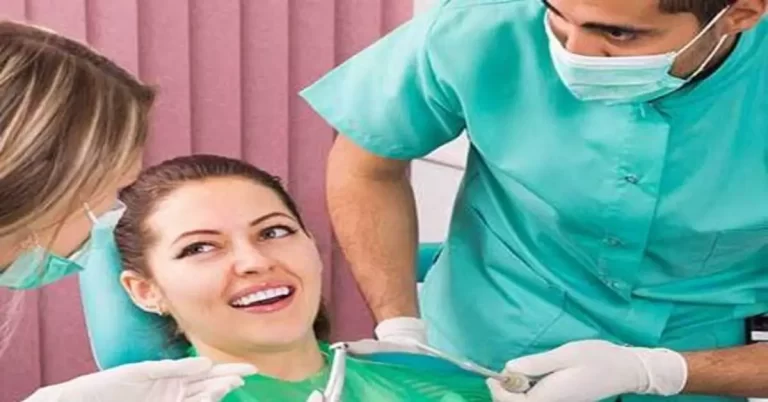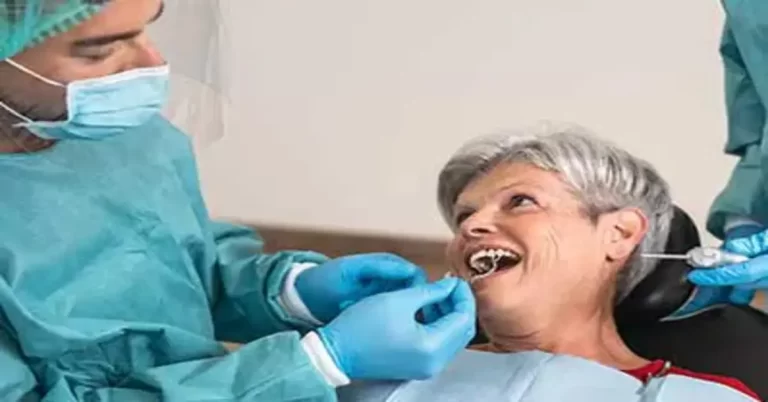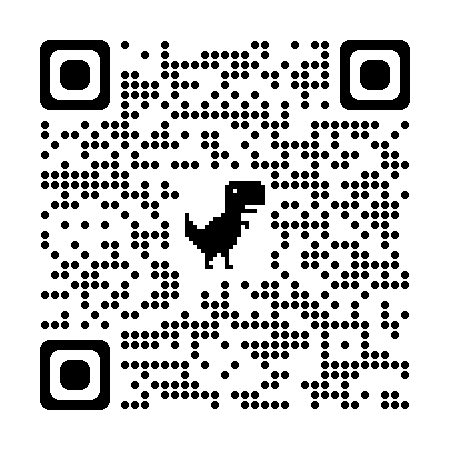Have you been waking up lately with a painful jaw? Has your spouse talked to you lately about how your teeth grinding keeps them up at night?
Teeth grinding, or bruxism, is an involuntary response to anger, fear, and stress. You may grind your teeth several times a day, even when you don’t feel any immediate stress. Bruxism happens at any age, and it happens more at night. Patients suffering from bruxism often find their teeth or jaws damaged from the force of their teeth grinding.
If you’re worried you might be grinding your teeth at night, here’s what you need to know about it and how to manage it.
What Is Bruxism?
Bruxism is a condition that involves excessive and unconscious grinding or clenching of teeth. An estimated 30 to 40 million Americans are affected by bruxism, with 12% naming it the worst dental habit they would like to stop.
While we may occasionally grind and clench our teeth, severe bruxism can damage your teeth and cause other health problems.
Mild cases of teeth grinding might not need treatment; however, some people experience teeth grinding more frequently and more intensely, leading to headaches, jaw disorders, damaged teeth, and other health issues.
You can experience teeth grinding when you’re awake or asleep. The actions may be the same, but they are two distinct types:
Awake Bruxism
Patients with awake bruxism are more likely to grind their teeth and clench their jaws during the day. It is often linked to emotional issues or intense concentration. You might not need treatment if you can notice and stop yourself. You can also reduce the frequency of your teeth grinding by managing and reducing your stress.
Sleep Bruxism
Grinding your teeth while you’re asleep can cause more damage than grinding your teeth awake because you are unaware of what you’re doing and you can’t consciously stop or get the help you need. You are also unaware of how hard you’re clenching or grinding your jaw. You can exert up to 250 pounds of force, which can cause headaches, jaw pain, and teeth problems.
Causes of Bruxism
Many find it challenging to treat bruxism due to its many causes. According to current medical knowledge, causes of teeth grinding include:
-
Misaligned teeth
-
Antidepressants
-
High levels of stress and anxiety
-
Sleep disorders
-
Psychosocial problems
-
Smoking
-
Drugs
-
Excessive consumption of caffeine or alcohol
-
Neurological conditions
Stress and anxiety are the most common causes of bruxism, with stress being the culprit in 70% of all cases. Patients who can’t manage their stress well are more likely to grind their teeth. However, most find that they stop grinding their teeth when their stress levels drop.
Effects of Teeth Grinding
On Your Teeth
Subjecting your teeth to the intense pressures caused by clenching and grinding can wear away your teeth’s enamel, exposing the dentin layer beneath. This makes your teeth more sensitive to hot, cold, or sweet stimuli.
Exposing your teeth’s dentin layer makes them look yellow or discolored. Dentin is more yellow; enamel gives teeth their whiter appearance.
Wearing down enamel also leaves your teeth vulnerable to cavities, cracks, and chips. These can severely damage your teeth and cause them to die eventually. You may find some before and after bruxism pictures that show teeth that look shorter, caused by frequent teeth grinding.
The strong forces involved in bruxism also damage any dental work you may have, like dental restorations, crowns, fillings, and veneers.
On Your Joints
Increased grinding and clenching strain your jaw muscles and temporomandibular joints. Patients often experience stiffness or pain in their jaws when they wake up. Some may also find it difficult to open their mouths wide as they used to, which can lead to painful yawning.
The jaw might make alarming cracking noises when you talk or eat. It may also lock in severe cases that some before and after bruxism pictures may show. These symptoms may make a patient’s stress and anxiety worse, resulting in a vicious cycle.
Treatments for Bruxism
Treatment is not always necessary in most cases of bruxism as most adults don’t grind their teeth enough to need therapy. On the other hand, more severe cases may need various dental treatments, therapies, and medications to protect teeth from damage and prevent jaw pain and discomfort.
Mouth Guards
Most dentists recommend patients wear a mouth guard when they go to bed at night. It acts as a barrier between the upper and lower teeth, preventing them from rubbing against each other while absorbing the pressure from the jaws.
Using a mouth guard can also reduce the noise caused by teeth grinding, which can relieve the patient and their partner.
Orthodontic Treatment
Braces can correct teeth misalignments that cause teeth grinding. Invisible braces also help correct mild to moderate teeth misalignments while offering the same protection as mouth guards.
Biofeedback
Biofeedback is a bruxism treatment method that uses monitoring equipment and procedures that help you learn how to control the muscle activity in your jaw.
Exercise
How to stop grinding teeth in sleep naturally? You can try exercise. It is an excellent way to relieve the stress causing you to grind your teeth. It helps release endorphins, which are stress-relieving chemicals released by your brain.
You can also try different bruxism exercises for the mouth to reduce jaw pain and improve mobility.
Relaxation
Relaxation techniques like mediation, yoga, psychotherapy, and cognitive behavioral therapy (CBT) are also good ways to stop bruxism caused by stress. However, you should be fully committed to your bruxism treatment if you want these techniques to work. These techniques may also cost a lot of money, but their effects last longer.
Diet Management
Avoiding caffeine and alcohol before bed may also help stop teeth grinding. Try avoiding them for a few days to see if there is any difference. It’s also best to stop smoking as it will benefit your whole body, not just your teeth.
Key Takeaway
Bruxism or teeth grinding is a condition that affects both your sleep and your oral health. People don’t often know they grind their teeth while they sleep; they often learn about it from their concerned sleeping partners. Patients who grind their teeth should immediately visit their dentist or health care provider to help keep the complications of teeth grinding at bay. They can also try different treatments and techniques to address the root cause of their teeth grinding. Bruxism exercises for the mouth may also help relieve jaw pain.
Sleep better with Century Dental.
Don’t let teeth grinding affect your sleep and oral health. Our dentist near South Pasadena, FL provides services that can help protect your teeth from the adverse effects of teeth grinding. Contact us today for any questions and concerns about your oral health.

